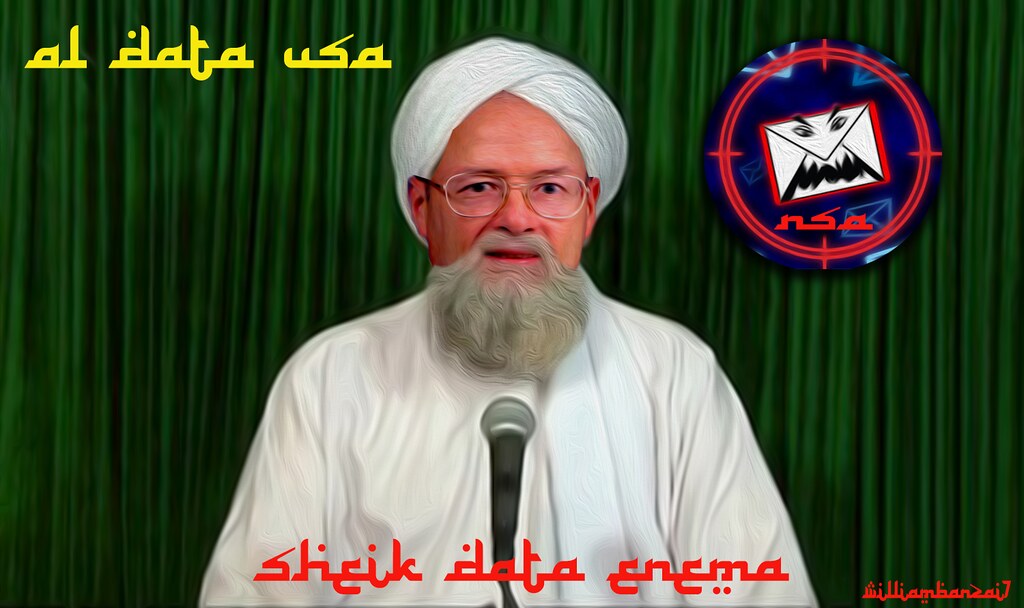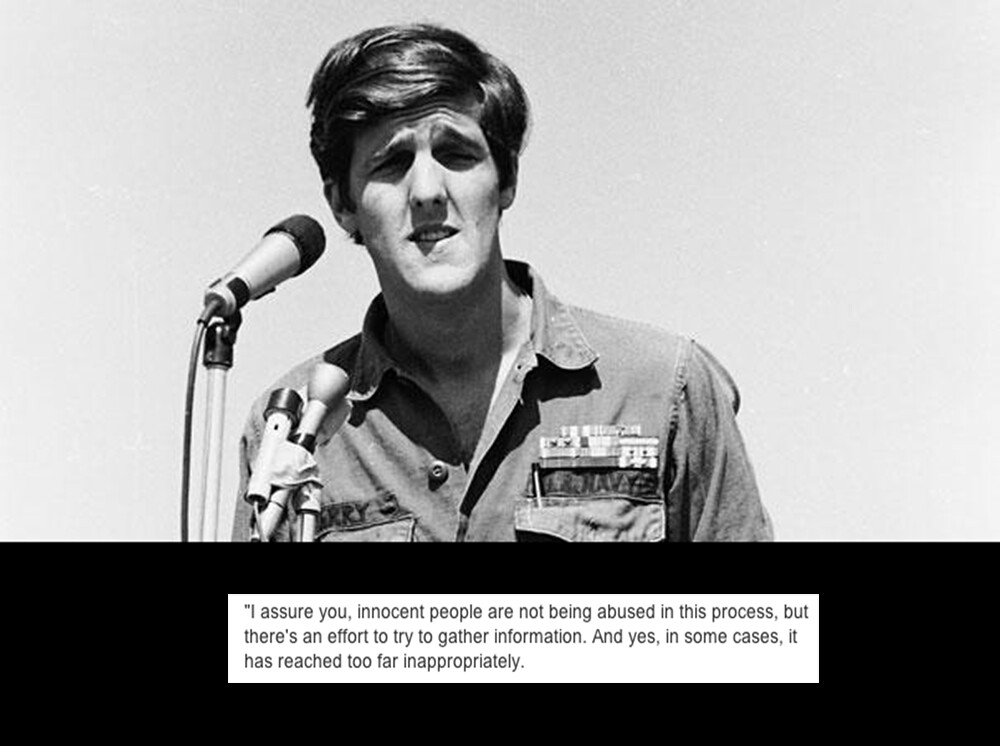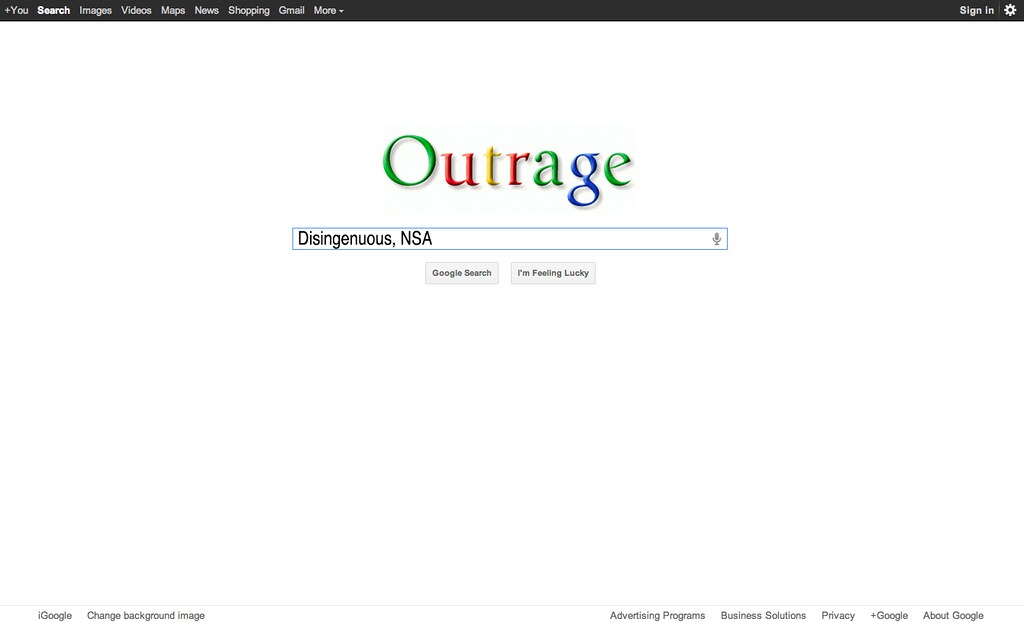 From the beginning of the NSA mass-surveillance scandal,
From the beginning of the NSA mass-surveillance scandal,
revelations that the U.S. spy agency was not only scooping up
international communications, but had
conscripted American companies into the effort have
opened doors for foreign firms. Tech companies in other
countries are relatively shielded from pressure by U.S. spooks
(whatever their relationships with spy agencies in their own
countries) and some American entrepreneurs, like Ladar Levison of Lavabit, actively urge
people to avoid U.S.-based services. Worse, though, the NSA’s
connection to some companies is giving European politicians cover
to discriminate against American businesses. Never mind that
Europeans do their own fair share of spying; they now have
legitimate concerns to raise about the security of data in the
hands of Apple, AT&T, Google, and other familiar names.
Reports Juergen Baetz of the
Associated Press:
BRUSSELS—The backlash in Europe over U.S. spying is threatening
an agreement that generates tens of billions of dollars in
trans-Atlantic business every year—and negotiations on another pact
worth many times more.A growing number of European officials are calling for the
suspension of the “Safe Harbor” agreement that lets U.S. companies
process commercial and personal data—sales, emails, photos—from
customers in Europe. This little-known but vital deal allows more
than 4,200 American companies to do business in Europe, including
Internet giants like Apple, Google, Facebook and Amazon.Revelations of the extent of U.S. spying on its European allies
is also threatening to undermine one of President Barack Obama’s
top trans-Atlantic goals: a sweeping free-trade agreement that
would add an estimated $138 billion (100 billion euros) a year to
each economy’s gross domestic product.
The Safe Harbor agreement allows companies to move data around
their networks as needed. In its absence, data from Europeans might
have to be stored and processed only within the physical confines
of Europe—a huge expense and possibly insurmountable hurdle for
many companies. Many U.S. companies would effectively be unable to
operate in Europe if they were reachable by European law.
Some companies could explicitly be barred from expanding their
presence in Europe out of fears that they operate as pipelines to
the NSA. According to the Wall Street Journal‘s
Anton Troianovski:
AT&T Inc.’s ambitions to expand in Europe have run into
unexpected hurdles amid the growing outcry across the region over
surveillance by the National Security Agency. German and other
European officials said any attempt by AT&T to acquire a major
wireless operator would face intense scrutiny, given the company’s
work with the U.S. agency’s data-collection programs.Resistance to such a deal, voiced by officials in interviews
across Europe, suggests the impact of the NSA affair could extend
beyond the diplomatic sphere and damage U.S. economic interests in
key markets. AT&T Chief Executive Randall Stephenson has
signaled repeatedly in recent months that he is interested in
buying a mobile-network operator in Europe, highlighting the
potential for growth on the continent at a time when the U.S.
company faces headwinds at home.
Some of this resistance to American companies is legitimate;
Europeans are as outraged as Americans about the spying
scandal—quite possibly more so, given that continent’s long history
with authoritarian regimes and secret police. And some of these
moves are just opportunistic; the NSA has turned into a great
excuse for European politicians to openly favor well-connected
companie in their own countries at the expense of U.S. firms.
In a recent report
(PDF), the European Parliament called out Britain, France, Germany,
and Sweden for tapping directly into communications networks—though
it insisted “The capacities of Sweden, France and Germany (in terms
of budget and human resources) are low compared to the magnitude of
the operations launched by GCHQ and the NSA and cannot be
considered on the same scale”. Germany’s
BND worked closely with the NSA to facilitate spying, and
France’s
DGSE needed no encouragement to hoover up communications data,
though it apparently
aided the NSA, as did a counterpart agency in Spain. Britain’s
GCHQ is reported to have burrowed its way into Begian
telecommunications firms in the course of its extensive
cooperation with the NSA.
In other words, European government officials are shocked.
Shocked!
But, however cynical the response, by compromising the
independence of American firms, U.S. officials created a hell of a
justification for other countries to torpedo those companies and
favor their own.
from Hit & Run http://reason.com/blog/2013/11/01/nsa-spying-torpedoes-american-business-d
via IFTTT





 Yesterday the
Yesterday the








